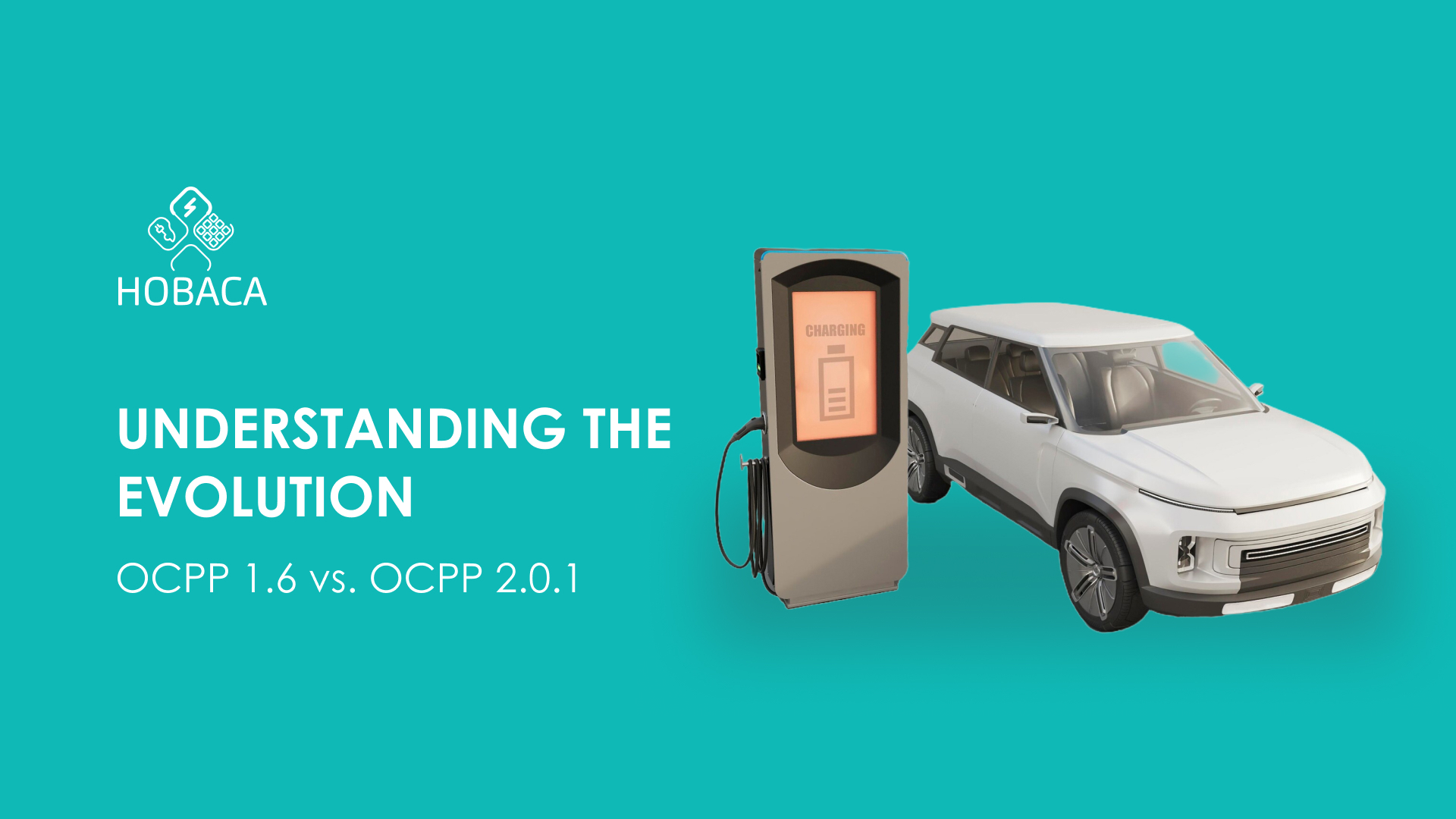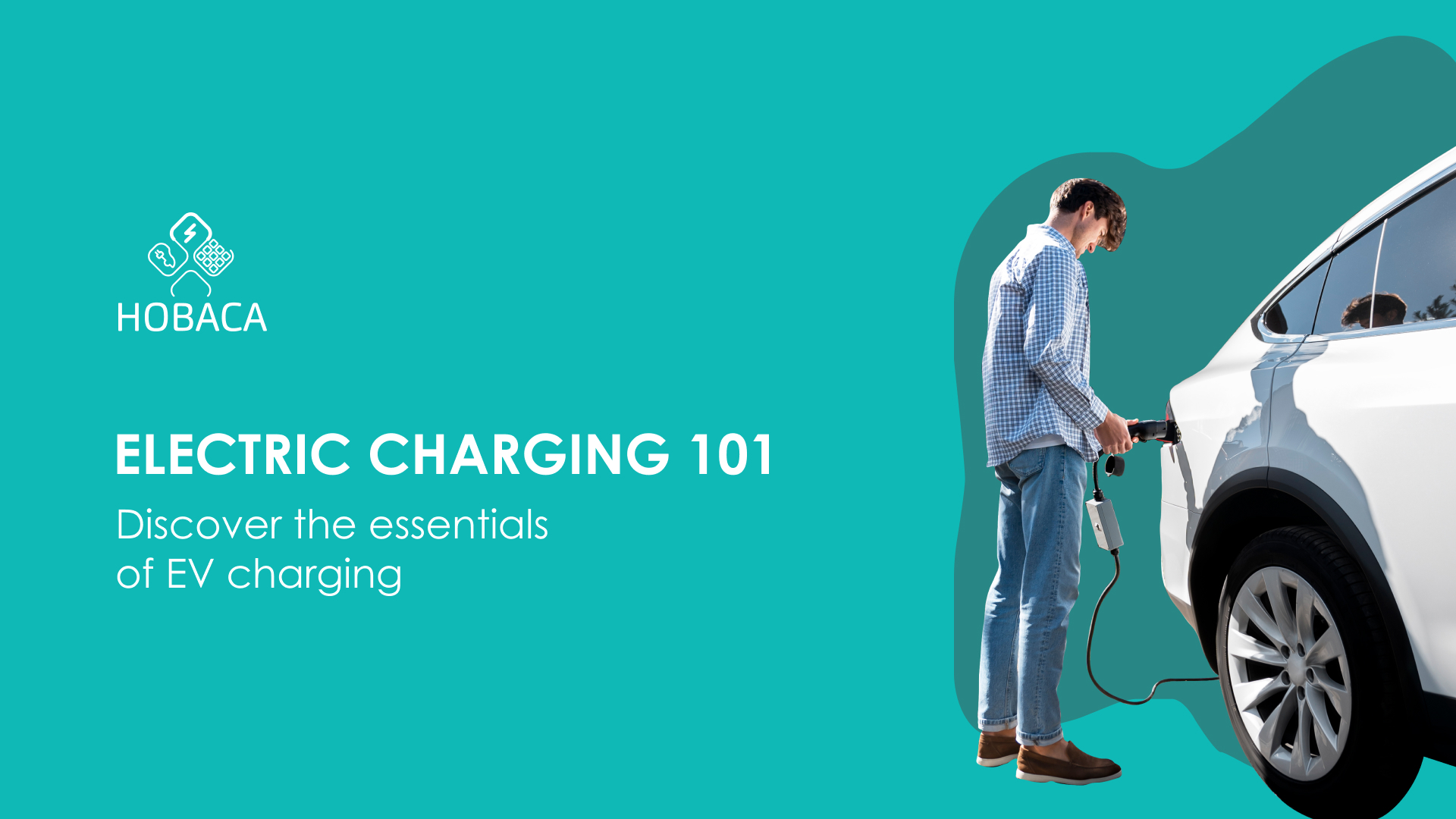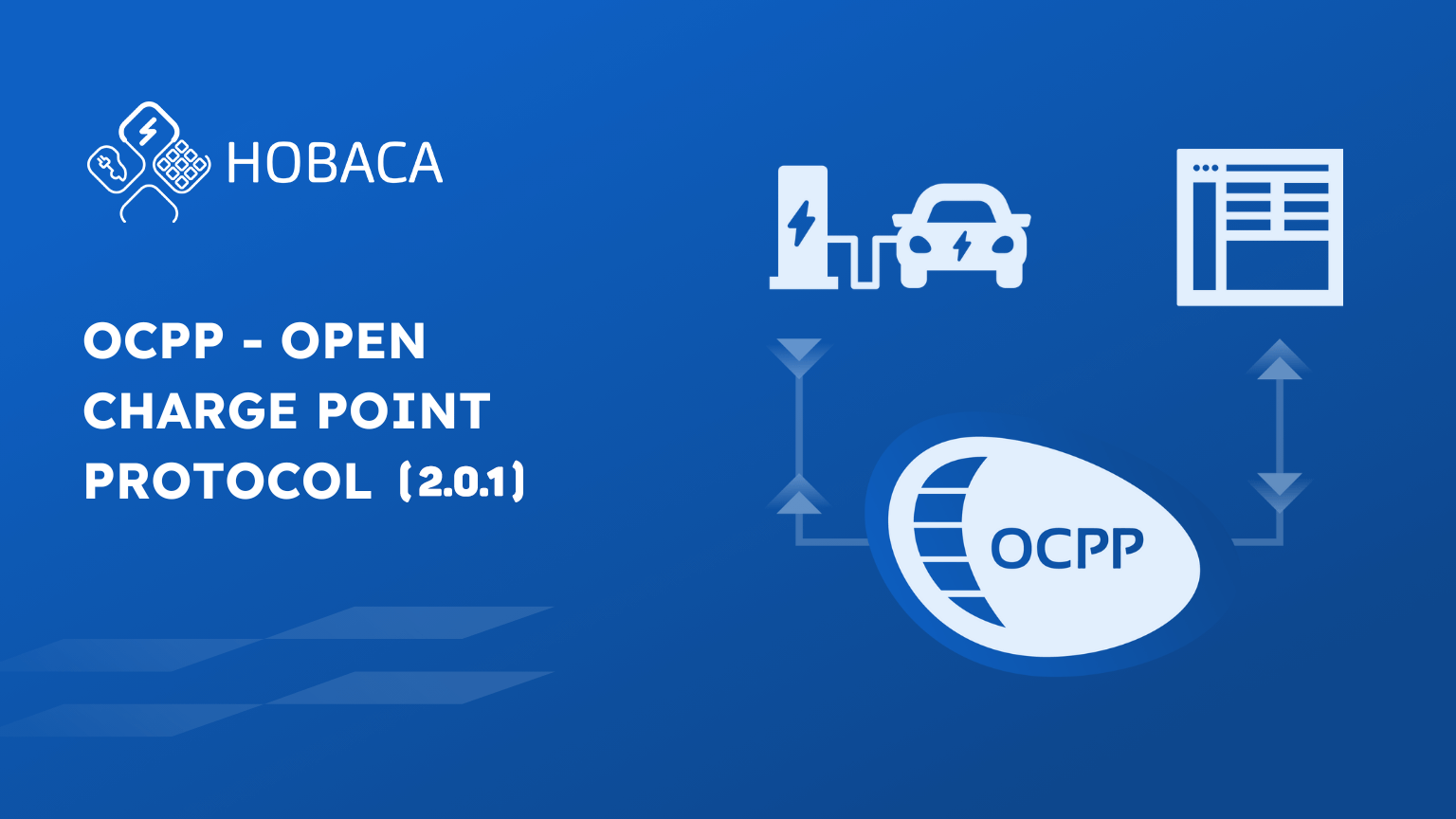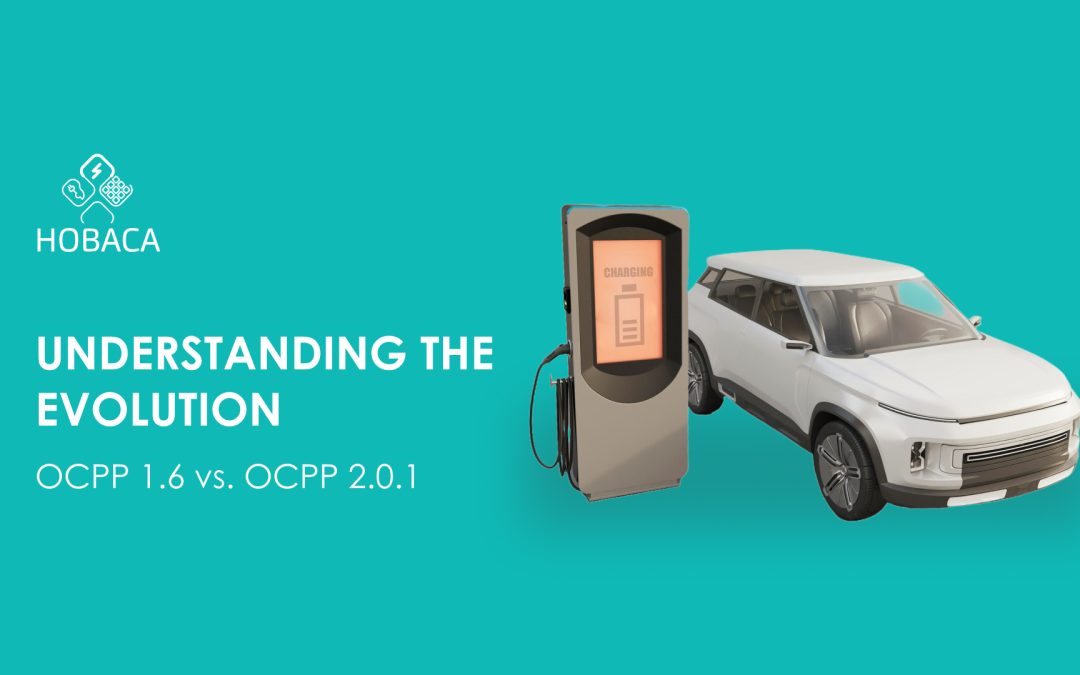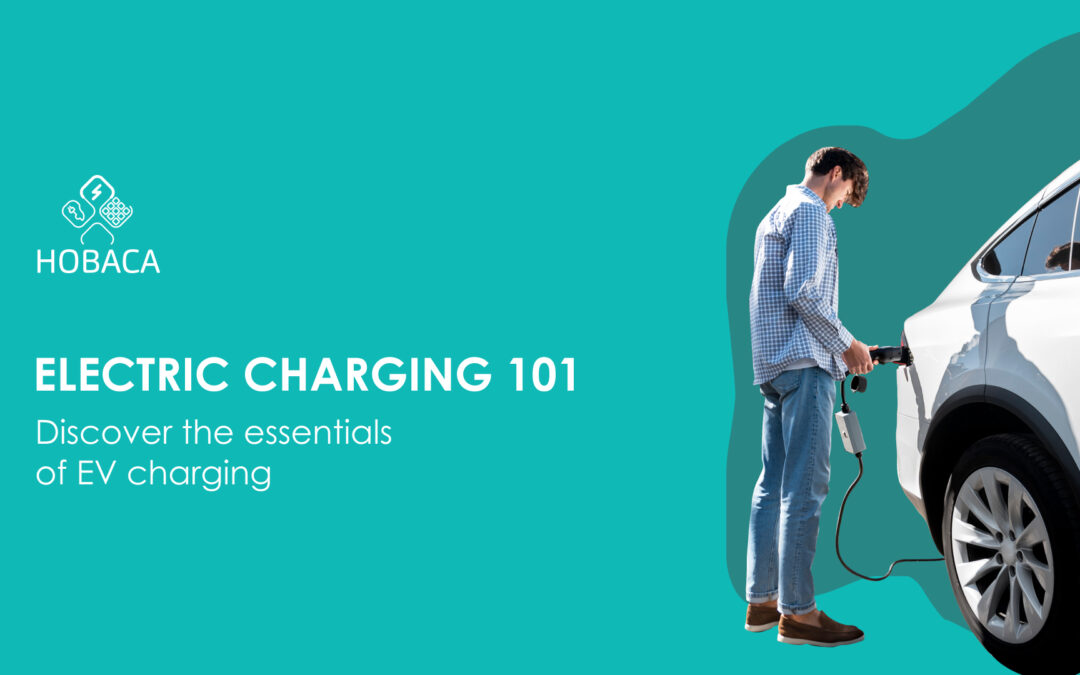In the ever-evolving landscape of electric mobility, the shift from internal combustion engines to electric vehicles (EVs) is reshaping the way we move.
Central to this transformation is the critical role played by charging infrastructure. One of the key enablers in this space is the Open Charge Point Protocol (OCPP), a standardized communication protocol facilitating seamless interactions between charging stations and management platforms. While OCPP 1.6 has been the industry workhorse, the spotlight is now on OCPP 2.0.1, a release that extends functionalities and redefines the technical and user experience.
Transaction handling undergoes a transformation in OCPP 2.0.1, offering streamlined operations for Charging Station Operators overseeing vast charging networks. This improvement reflects a commitment to enhancing the transactional aspects, ensuring smoother management and operation of charging stations.
Security is paramount in the new release. OCPP 2.0.1 introduces robust security measures, including secure firmware updates, enhanced security logging, event notification, and advanced security profiles. This fortification encompasses authentication and key management for client-side certificates, ensuring a secure communication environment through TLS.
Smart Charging functionalities emerge in OCPP 2.0.1, catering to Energy Management Systems (EMS), local controllers, and integrated smart charging for EVs. Notably, the support for ISO 15118, including Plug and Charge (PnC), simplifies the charging process, allowing EVs to authenticate and authorize a session seamlessly.
Informative Display and Messaging Support in OCPP 2.0.1 enrich the user experience by dynamically communicating with EV drivers. Charging rates, tariffs, promotional content – these features not only optimize charging point revenue but also enhance the appeal and usability of the charging infrastructure.
Offline charging scenarios witness a significant improvement as OCPP 2.0.1 decentralizes the generation of transaction IDs. Charging stations now autonomously generate unique transaction IDs, simplifying the user experience. EV drivers can now engage in a seamless charging process by merely plugging in the charger.
Importantly, OCPP 2.0.1 is not backward compatible, signaling a substantial reimplementation of core functions. This decision aligns with the protocol’s commitment to evolution and improvement, ensuring that the latest release stands as a testament to progress in electric mobility communication standards.
Crucially, the introduction of enhanced functionalities in OCPP 2.0.1, such as improved transaction handling, fortified security measures, smart charging support, and dynamic user communication, marks a significant leap forward in the protocol’s capability and relevance.
In aligning with the core mission of the HOBACA team to provide a seamless experience for both EV drivers and Charging Point Operators, the adoption of OCPP 2.0.1 becomes a strategic move. This protocol unlocks the potential of e-mobility, heralding a new era characterized by efficiency, security, and user-centric charging infrastructure. With OCPP 2.0.1, the journey towards a future of sustainable and accessible electric mobility takes a significant leap forward.
FAQ
How does OCPP 2.0.1 improve the user experience for electric vehicle (EV) drivers?
OCPP 2.0.1 introduces informative Display and Messaging Support, dynamically communicating with EV drivers about charging rates, tariffs, and promotional content. This enhances user interaction, making the charging process more transparent and user-friendly.
What security measures are implemented in OCPP 2.0.1 to safeguard communication in charging infrastructure?
OCPP 2.0.1 prioritizes security with features like secure firmware updates, enhanced security logging, event notification, and advanced security profiles. This includes robust authentication and key management for client-side certificates, ensuring a secure communication environment through TLS.
How does OCPP 2.0.1 address the challenges of offline charging scenarios?
OCPP 2.0.1 streamlines offline charging by decentralizing the generation of transaction IDs. Charging stations now autonomously generate unique transaction IDs, simplifying the user experience. EV drivers can engage in a seamless charging process by simply plugging in the charger, even in offline scenarios.
What is the significance of smart charging functionalities introduced in OCPP 2.0.1?
OCPP 2.0.1 introduces smart charging functionalities to cater to Energy Management Systems (EMS), local controllers, and integrated smart charging for EVs. Notably, support for ISO 15118, including Plug and Charge (PnC), simplifies the charging process, allowing EVs to authenticate and authorize a session seamlessly.
Is OCPP 2.0.1 backward compatible with previous versions, and why is this important?
No, OCPP 2.0.1 is not backward compatible. This decision was made to accommodate substantial reimplementation of core functions, reflecting the protocol’s commitment to evolution and improvement. Ensuring non-backward compatibility allows for a more streamlined and advanced protocol, aligning with the evolving needs of the electric mobility

